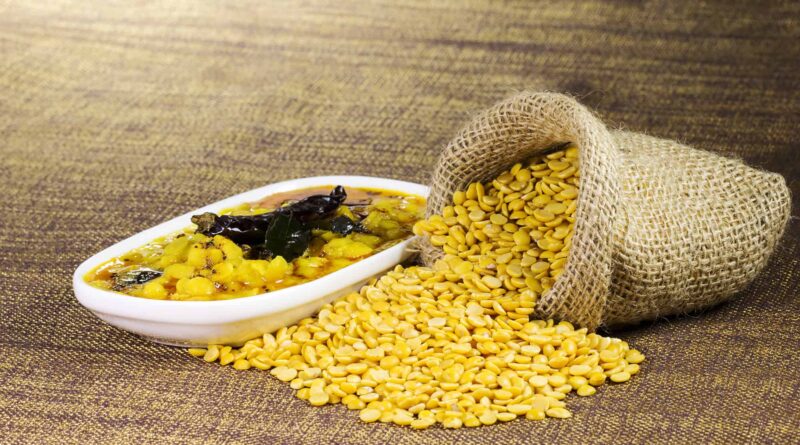Arhar gets pricey, demand down by 30 pc in Odisha
The soaring prices of pulses in the retail markets has led to a drastic fall in the demand of kitchen essentials especially arhar dal, a favourite among almost every household in the state. Locally called ‘harada’, the price of arhar has gone up by 50 per cent in the last six months. The dal was available at Rs 100 to Rs 120 a kg in February this year but it marginally increased to Rs 130 in March. The prices hovered around Rs 140-Rs 145 per kg in April. Now the wholesale price of polished arhar dal is Rs 150 per kg while that of unpolished (raw form) is Rs 165 a kg. Meanwhile, retailers are selling the dal at Rs 175 to Rs 180 per kg.
Similarly, the wholesale price of black gram (biri dal) has gone up from Rs 93-Rs 107 a kg in April to Rs 110-Rs 125 a kg in September. The retail price is Rs 5 to Rs 10 more per kg depending on the markets from where consumers buy it. Buta dal, another popular kitchen commodity, has also seen a sharp rise in the prices. In April, the dal was available at Rs 55-Rs 57 a kg depending on the quality. The price has now shot up to Rs 75-Rs 85 a kg.
There is also a marginal rise in the prices of Moong dal during this period. While it was selling at Rs 88 a kg in April, the price has now skyrocketed to Rs 95-Rs 100 per kg. Speaking to The New Indian Express, general secretary of Odisha Byabasayee Mahasangha Sudhakar Panda said, “The demand of arhar dal in the state has gone down by 25-30 pc as people consume it sparingly these days. The overall demand for dal has gone down by around 20 pc.” There is no control over the price of pulses despite the fact that the Centre has directed all states to impose stock limit on five varieties of dal till October 31, 2020.
Attributing the unchecked price rise to speculative trading and cartelisation, Panda said prices of pulses started soaring after the Centre predicted that there would be shortfall in production this kharif season due to erratic rainfall especially in major pulses-producing states like Madhya Pradesh, Maharastra and Karnakata. Odisha being a consuming state, requires 75,000 to 80,000 tonne of pulses every month. The traders are not keeping the stocks within the prescribed limit due to the fall in demand, he added.
Costly pulse
The price of arhar has gone up by 50 per cent in the last six months
Now the wholesale price of polished arhar dal is Rs 150 per kg while that of unpolished (raw form) is Rs 165 a kg
Price of black gram has also gone up
This article has been republished from The New Indian Express

